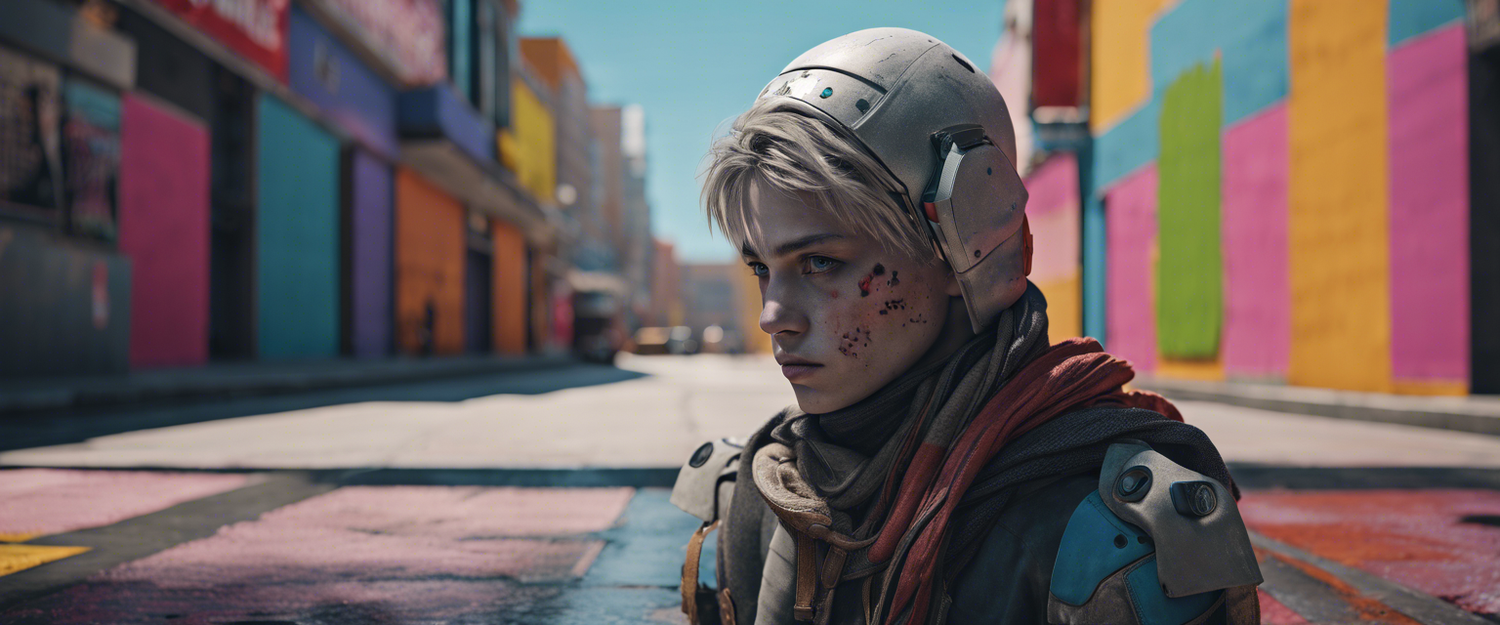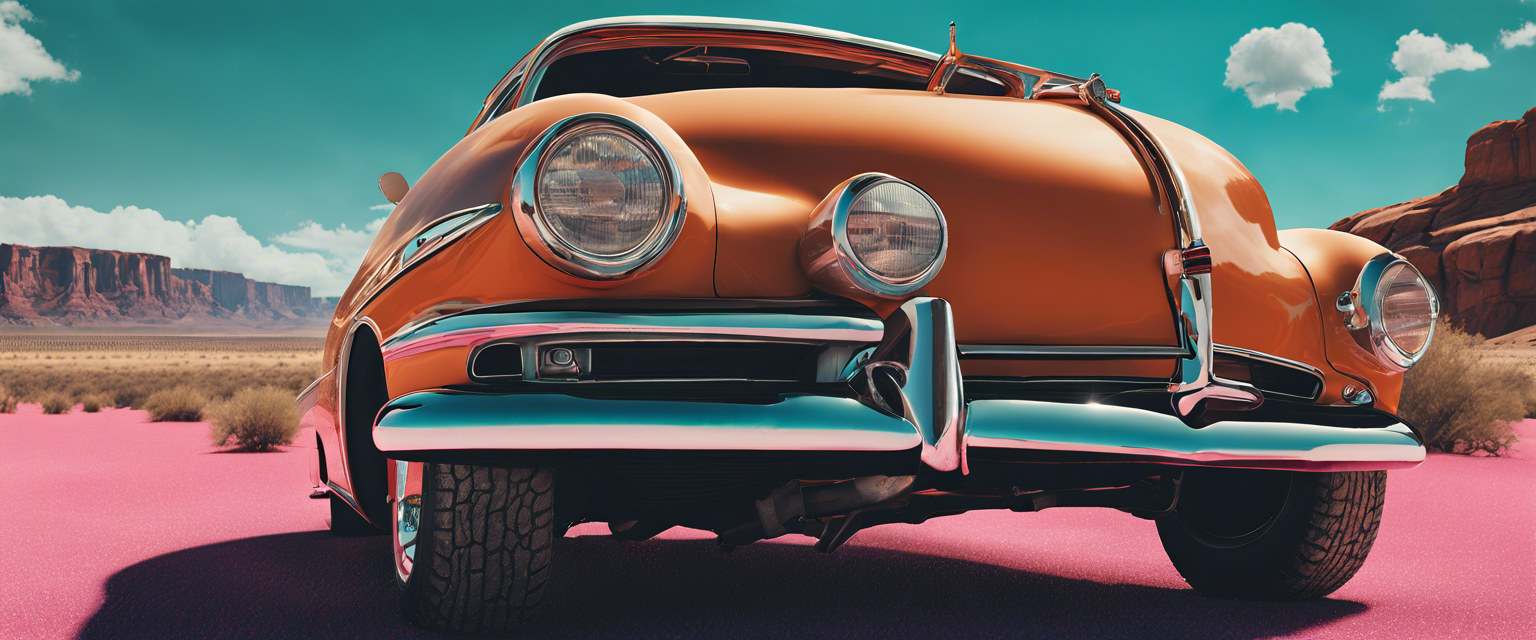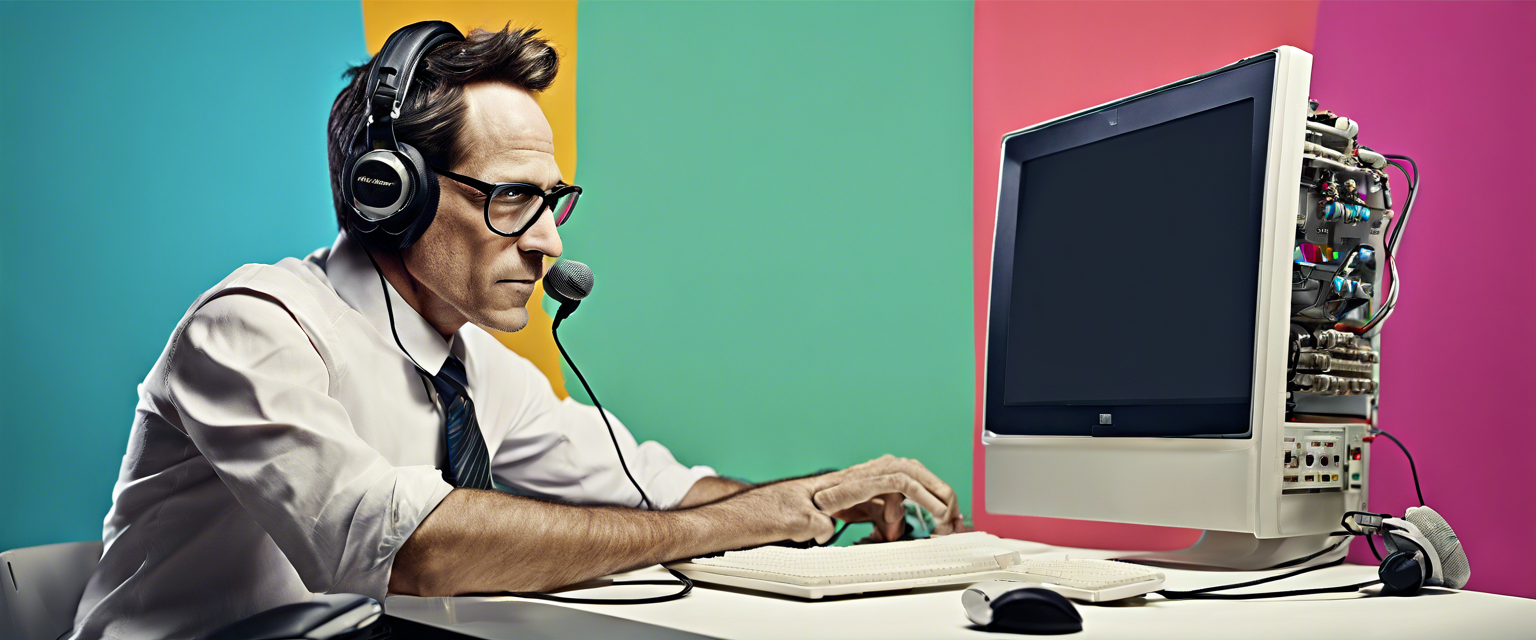OpenAI's Sora: A Deep Dive into the Controversy Following Its Leak
OpenAI first introduced its ambitious text-to-video AI model, Sora, back in February 2023, aiming to revolutionize how creators generate video content. However, since its announcement, updates regarding its public release have been sparse, leading to speculation and concern within the creative community.
The Leak of Sora: A Protest by Artists
Recently, an unexpected turn of events unfolded when a group of artists allegedly leaked access to Sora, citing concerns over their treatment as unpaid laborers in OpenAI's development process. This protest sent ripples through the AI and art sectors, shedding light on the broader implications of corporate involvement in creative industries.
The Early Access Allegation
According to a post from a group of beta testers on Hugging Face, they were initially invited to test Sora under the premise of being creative partners. However, they claimed this arrangement devolved into what they termed "art washing," where artists were merely used as unpaid bug testers and PR representatives for OpenAI. They articulated their grievances in an open letter, emphasizing that artists should not be exploited for corporate gain.
The Concerns Raised by Artists
The letter strongly expressed the following issues:
- Exploitation of Artists: Artists involved in the early testing argued that they were wrongly used as free labor, raising ethical questions about OpenAI's practices.
- Content Approval Process: Participants criticized the stringent content approval requirements, where any video generated through Sora required prior authorization from OpenAI before being shared publicly.
- The Need for Transparency: The group called for OpenAI to adopt a more transparent and artist-friendly approach in the development and rollout of Sora.
A Call for Change
In their letter, the artists stated, "We are not against the use of AI technology as a tool for the arts; rather, we wish for it to be utilized in a way that benefits the creative community." They urged OpenAI to support the arts in ways that extend beyond mere public relations, emphasizing a desire for collaboration that respects the contributions of artists.
OpenAI’s Response to the Controversy
In response to the leaked claims, OpenAI refrained from confirming the legitimacy of the leak but reiterated that participation in its research previews, such as Sora, is voluntary. Spokesperson Niko Felix emphasized that the collaboration with artists is aimed at shaping the development of Sora, providing them with access and support through various initiatives.
A Commitment to Safety and Innovation
OpenAI's commitment to safety and ethical considerations remains paramount in their development efforts. Former CTO Mira Murati previously indicated that Sora's release might happen by the end of the year, pending sufficient confidence in its potential impact on sensitive issues like global elections. This cautious approach underscores the complexity of introducing AI-driven technology into creative fields.
The Future of Sora
As discussions surrounding the ethical implications of AI in creativity continue, the future of OpenAI's Sora remains uncertain. The company's attempts to harmoniously blend innovation with safety measures will undoubtedly draw continued scrutiny from both artists and technologists alike.
Summary
OpenAI’s Sora has become a focal point of debate within the AI community, highlighting the tension between corporate development practices and the rights of artists. As the situation evolves, it remains to be seen how OpenAI will address the concerns raised by these creators and what that means for the broader use of AI in artistic contexts.
For those interested in AI's evolving role in creative fields, stay tuned for updates as more developments occur in the Sora saga.



댓글 남기기
모든 댓글은 게시 전 검토됩니다.
이 사이트는 hCaptcha에 의해 보호되며, hCaptcha의 개인 정보 보호 정책 과 서비스 약관 이 적용됩니다.